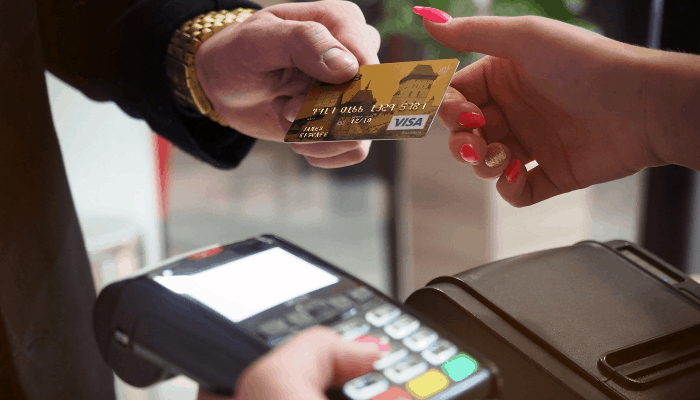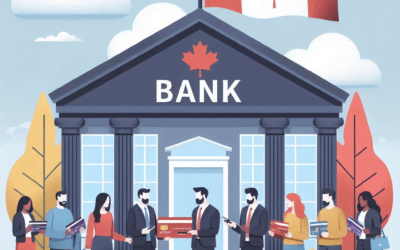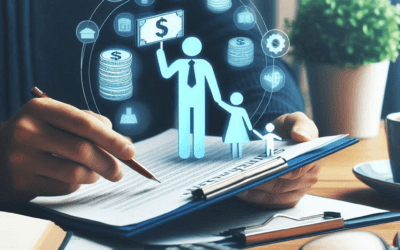Understanding and Managing Credit Card Debt
Credit card debt is probably the most common debt problem people face. It is easy to get trapped in credit card debt, and it isn’t hard to get one.
Credit cards are convenient and make it easy for us to buy things we can’t afford. But all we are doing is deferring the cost. The time of reckoning comes when we get our credit card statements. If you are in a situation where you are unable to pay off the full balance, you will be looking at high-interest charges. Interest charges can make it difficult to pay off the debt month after month, locking us in a vicious cycle of credit card debt.
There are two primary reasons this may happen:
- Lack of Understanding of Fees and Charges: Many people do not fully understand the fees and charges attached to their credit cards. It is crucial to comprehend the terms and conditions of any loan, and credit card debt is no exception.
- The Minimum Payment Trap: Falling into the habit of making only the minimum payment is a common issue. This practice can lead to accumulating more interest and prolonging the debt repayment period.
Key Credit Card Conditions to Note
- Interest Rates: Always be aware of the interest rate on your balance. Consistently carrying a balance without paying it off in full can lead to significant costs.
- Grace Period: This is the period during which you can pay back the money without incurring interest charges. Be mindful of this period, especially if you are carrying a balance. Once your purchase crosses the grace period, it starts accruing interest.
- Cash Advance: Taking a cash advance from your credit card is a costly mistake. There is no grace period for cash advances, and you will also incur a transaction fee. Use cash advances only in emergencies.
- Over Limit Charges: Exceeding your credit limit can result in over-the-limit charges and negatively impact your credit score.
- Minimum Payment: Paying only the minimum amount required each month can lead to paying more due to interest charges. Check your statement to see how long it will take to pay off the balance with minimum payments. The timeframe might surprise you.
Strategies to Manage Credit Card Debt
- Pay the Full Balance: To avoid high-interest charges, always strive to pay the full balance. If this is not possible, pay more than the minimum required.
- Balance Transfer: If you are struggling with credit card debt, consider transferring the balance from a high-interest card to a lower-interest one. Be mindful of any balance transfer fees and evaluate if this approach is beneficial for your situation.
Conclusion
Managing credit card debt requires understanding the terms and conditions of your credit card, avoiding the minimum payment trap, and making informed financial decisions. By staying informed and proactive, you can avoid the pitfalls of credit card debt and achieve better financial health.



